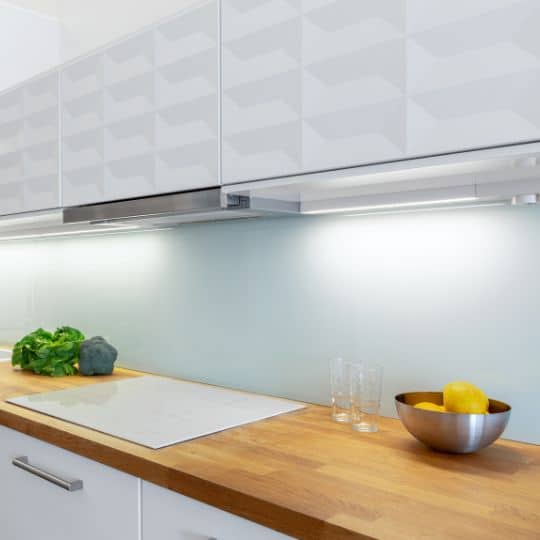Proper lighting is a fundamental aspect of our daily lives, often taken for granted but profoundly impactful. Think about it: When the right amount and type of light illuminate a space, it can make all the difference in how we feel and function. Lighting isn’t just about visibility, safety, well-being, productivity, and aesthetics. This blog will delve into why proper lighting is so crucial.
Importance of Proper Lighting
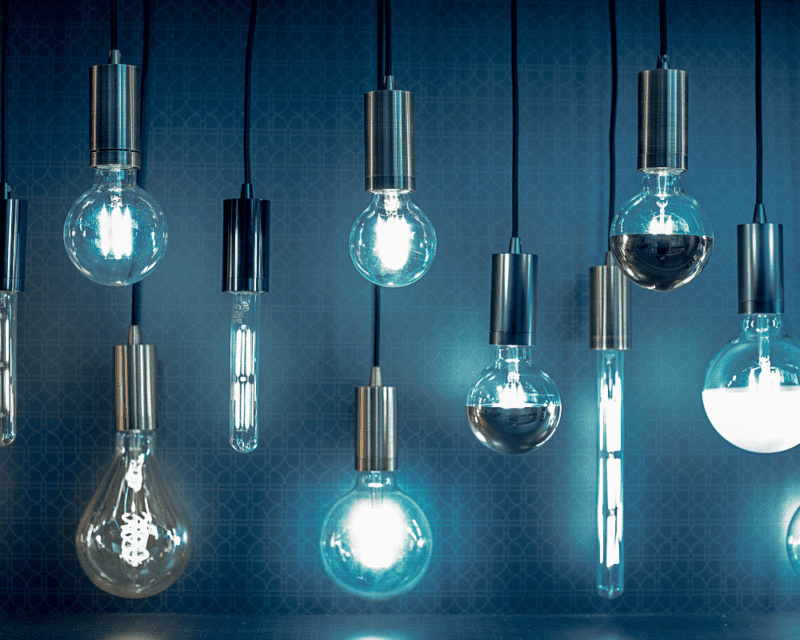
Safety and Security
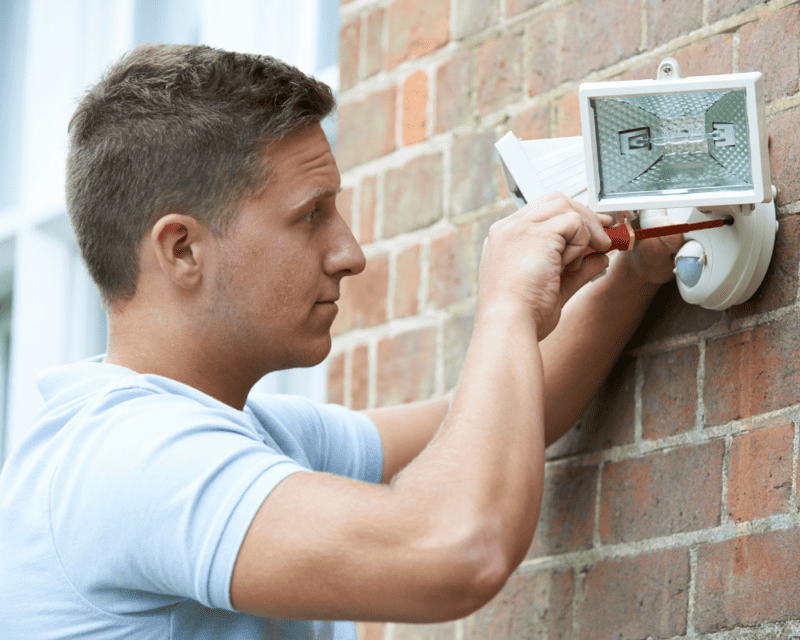
Proper lighting plays a pivotal role in enhancing safety across various settings. In outdoor environments, well-lit pathways and entrances reduce the risk of tripping and falling, especially in the dark. Adequate lighting around your home can deter potential intruders, as illuminated areas are less attractive to would-be burglars.
On streets and roads, well-designed street lighting improves visibility for drivers and pedestrians, decreasing the likelihood of accidents. Additionally, in workplaces and industrial settings, proper lighting ensures that employees can navigate their surroundings safely, minimising accidents and injuries.
Health and Well-being

Lighting has a significant impact on physical and mental health, and it should not be underestimated. Exposure to natural light during the day regulates our circadian rhythms, affecting our sleep patterns and overall health. Appropriate lighting reduces eye strain and headaches in workspaces, creating a more comfortable and productive environment.
In homes, well-planned lighting can enhance our mood and create a welcoming atmosphere. It’s not just about brightness; it’s about selecting the right colour, temperature and intensity to match the activities in a given space. Dim, warm lighting can promote relaxation in the evening, while bright, excellent lighting is ideal for tasks that require focus and attention.
Productivity and Focus
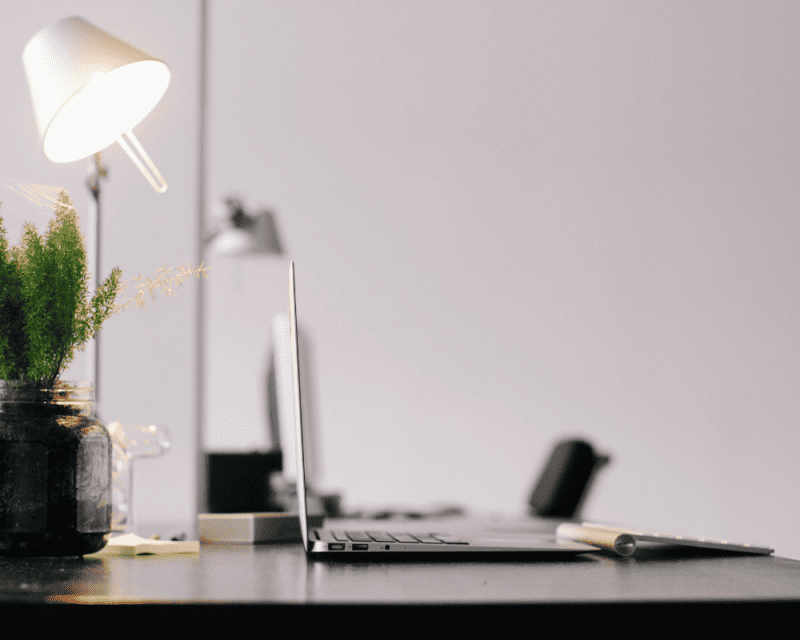
Lighting has a direct impact on our ability to concentrate and be productive. In work and study environments, optimal lighting conditions are essential. Natural light is best, but artificial lighting must step in when that’s not available.
To maximise productivity, consider positioning your workspace near a window or using task lighting with adjustable intensity. Avoid glare on screens and surfaces, which can cause eye strain and reduce efficiency. Experiment with different lighting levels, and using low-voltage 12V filament bulbs in a desk lamp for useful task lighting. Find what works best for your concentration and focus.
Energy Efficiency
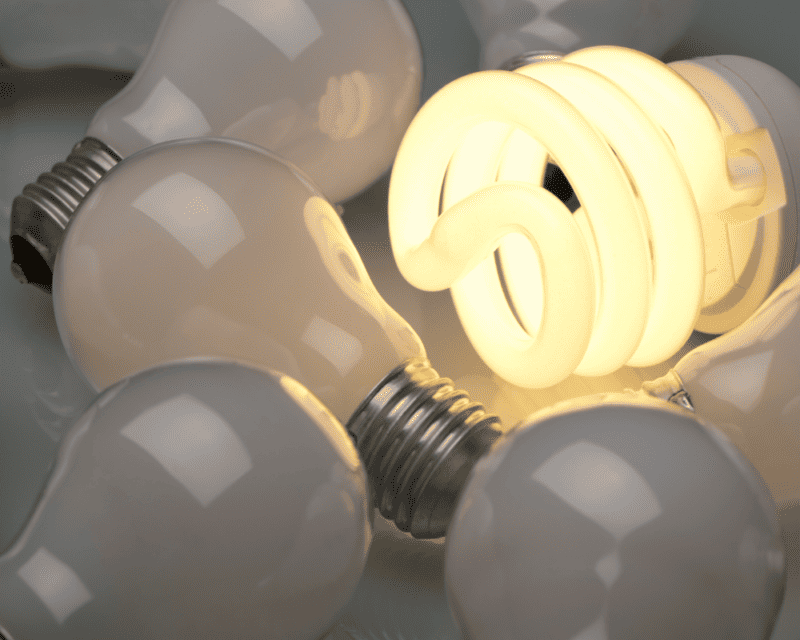
Energy-efficient lighting solutions reduce electricity bills and contribute to a greener, more sustainable future. Traditional incandescent bulbs waste as much energy as heat, while modern LED and CFL bulbs are significantly more energy-efficient.
You can save money and reduce your carbon footprint by switching to energy-efficient lighting. These bulbs last longer, which means fewer replacements and less waste in the long run. It’s a win-win for your wallet and the environment.
Aesthetics and Ambiance
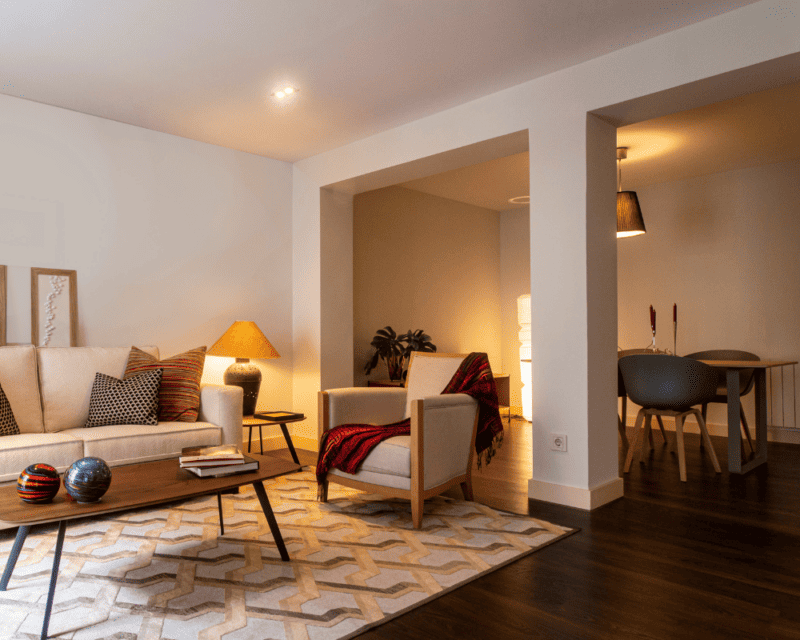
Proper lighting can transform the aesthetics and ambience of any space. The right lighting choices can make a powerful design statement for your home, a restaurant, or a retail store. Warm, inviting lighting can create a cosy atmosphere, while vibrant, colourful lighting can add excitement and drama. The lighting installation process in Australia requires careful planning and skilled professionals to ensure optimal results.
Consider the interplay of light and shadows in interior design. Wall sconces, pendant lights, and chandeliers provide illumination and serve as decorative elements. Intelligent lighting controls allow you to adjust the mood and ambience at the touch of a button, giving endless possibilities for creating the perfect atmosphere.
Circadian Rhythm and Sleep
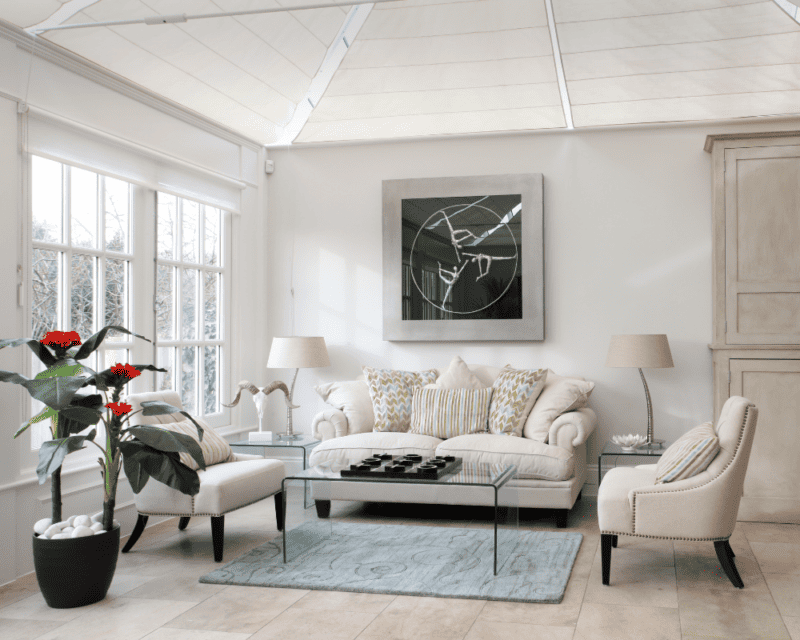
Our circadian rhythms are closely tied to natural light patterns, influencing our sleep-wake cycles. Exposure to natural daylight during the day helps regulate these rhythms, promoting better sleep at night. However, artificial lighting can disrupt this delicate balance, particularly in the evening.
Paying attention to your evening lighting is essential to improve your sleep quality. Reduce exposure to bright, blue-rich light from screens and overhead lights before bedtime. Opt for warm, dim lighting in your bedroom to signal to your body that it’s time to wind down and rest.
Sustainable Lighting Practices
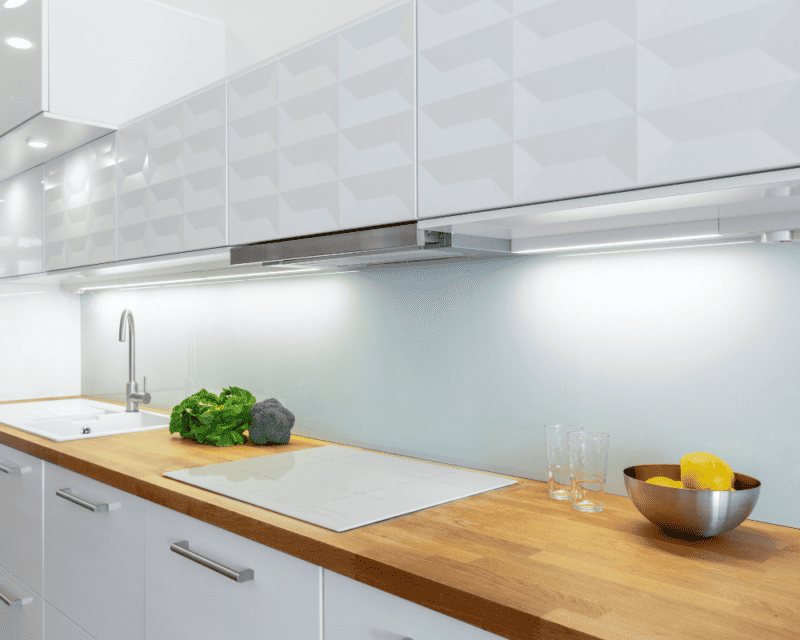
Embracing sustainable lighting practices and technologies is not just environmentally responsible; it’s also economically sound. LED lighting, for instance, consumes significantly less energy and lasts longer than traditional bulbs. Additionally, intelligent lighting systems allow precise control, reducing unnecessary energy consumption.
Motion sensors and timers can optimise energy use by ensuring lights are on only when needed. By making eco-friendly lighting choices, we can contribute to a more sustainable and eco-conscious future.
Always Consider a Proper Lighting in Your House
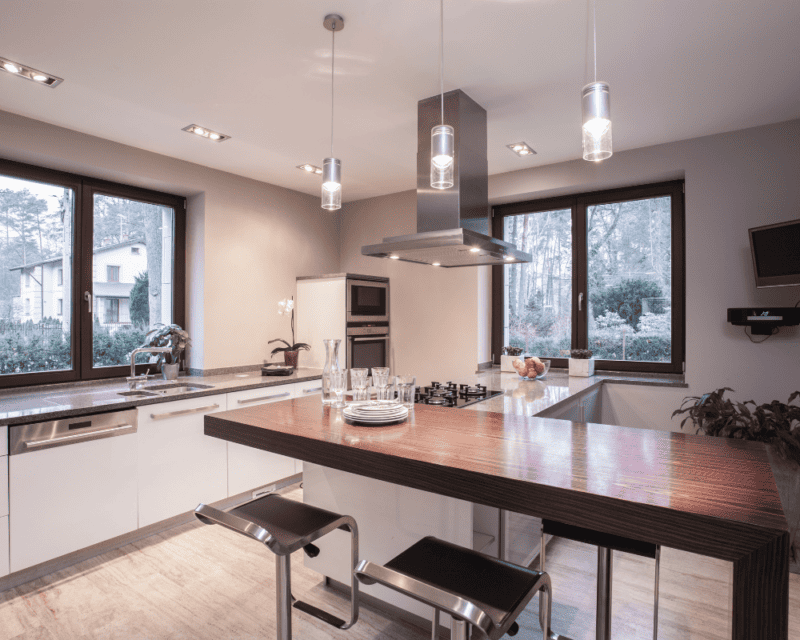
In conclusion, proper lighting is far more than just a means to see in the dark. It impacts our safety, health, productivity, aesthetics, and our planet’s future. Proper lighting cannot overstate its importance, whether it enhances safety on the streets, creates a soothing ambience at home, or boosts productivity in the workplace. Thoughtful lighting design is essential in various contexts to harness these benefits, and by doing so, we can enjoy a brighter and more sustainable future. For the best home appliance installation services, look for a professional team to help you with your concerns.

